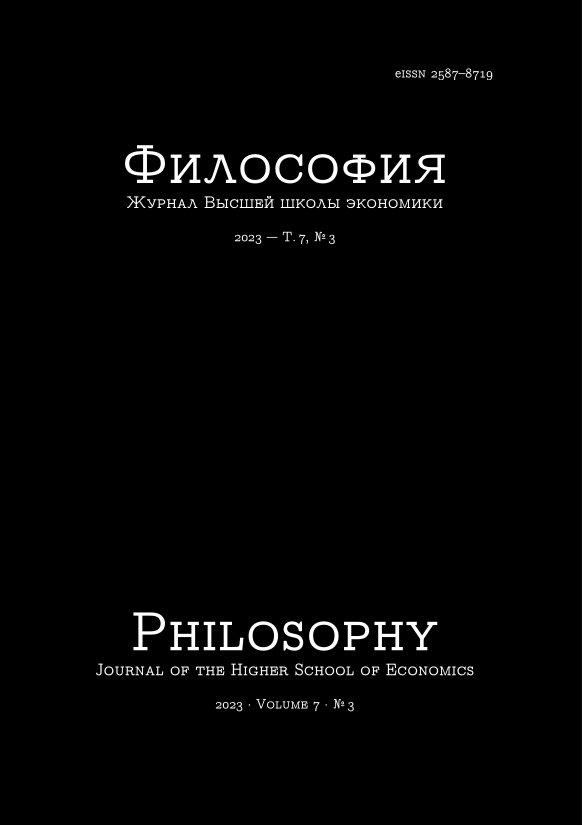French Revolution and First Empire in Interpretation of Napoleon III
Abstract
The article analyzes the main provisions of Napoleon III's political program, affecting his understanding of the meaning of history. To a certain extent, continuing the line of reasoning of enlighteners, he adhered to the theory of progress, which he associated with the activities of prominent people. He considered the French Revolution as a great, necessary and positive event aimed at solving pressing social problems. But the revolution, in his understanding, was only partially successful, its completion and continuation became the task of the First Empire. It was in this epoch that the reconciliation of the warring parties took place, chaos was replaced by order, the foundation was laid for the subsequent prosperity of the country. He saw the restoration as a retreat from the line of progress, as a triumph of unworthy passions, a temporary victory of a political corpse. A return to Bonapartism in such a context seemed to him to be a natural productive step, ensuring a reliable future. He interpreted the modern epoch as transitional, and politicians — as mired in petty calculations and corruption. They should be replaced by a leader who firmly follows the installations of the great emperor. The new government should have the support of the people, but not indulge the base sentiments of the crowd. In his opinion, the people are guided more by heart than reason, and therefore the Napoleonic idea gives rise to a special type of political faith. Napoleon III, although he sought to become an exponent of the idea of progress, brushing away the royalist program as aimed at preserving outdated ideas and relations, in turn, spoke from extremely conservative positions on many issues related to the political organization of society. In the world view of Napoleon III, features are found that are related to positivism: emphasizing the role of science in solving pressing social problems, focusing on specific, practical goals, recognizing the impossibility of social life outside a certain hierarchy.
Downloads
Copyright (c) 2023 Philosophy Journal of the Higher School of Economics

This work is licensed under a Creative Commons Attribution-NonCommercial 4.0 International License.






